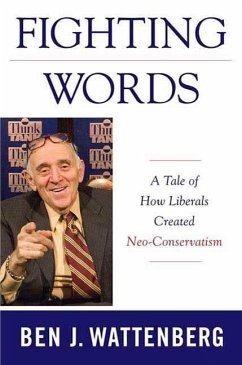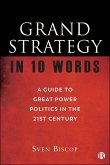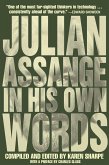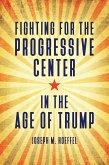How did a nice, liberal Jewish boy from the Bronx come to be called a conservative?
Ben J. Wattenberg has been at the center of American ideas and events since 1966, when he became a speechwriter for and aide to President Lyndon B. Johnson. Recruited out of the blue, Wattenberg worked closely with press secretary Bill Moyers and immersed himself in the world of high-powered Democratic strategy making. Eventually he served as an adviser to two Democratic presidential candidates and in the 1970s helped write the Democratic National Platform.
But something funny happened on the way to the Great Society: Key players in the Democratic Party moved to the far left. Wattenberg was not happy with this situation, so he helped establish the Coalition for a Democratic Majority (CDM) and became one of the most outspoken voices in the so-called neo-con movement.
Neo-conservatism, with its signature cause of promoting liberty around the world, is a philosophy often misunderstood, and the phrase neo-con is used frequently as an insult by those who fail to understand the concept. Wattenberg traces the emergence of the movement from its earliest roots among Cold War thinkers such as Irving Kristol and Norman Podhoretz and from among the ashes of pre-radical liberalism of the early 1960s, to ideological giants Scoop Jackson and Pat Moynihan, to Jeanne Kirkpatrick and Ronald Reagan. The author also discusses the proliferation of neo-con "think tanks," such as the American Enterprise Institute, as well as the surprising appearance of a neo-conservative platform in George W. Bush's administration, in which a number of Wattenberg's protégés have played key roles.
With his characteristic wit and on-target observations, the author recounts personal anecdotes featuring a rich cast of characters from Johnson to Reverend Jesse Jackson to Rudolph Giulani, as well as many others. Never lacking for opinions---he calls himself the "immoderator" of PBS's Think Tank with Ben Wattenberg---the author is here to set the record straight, and as the New York Times has said, "Wattenberg has the annoying habit of being right." Replete with stories never told before, Fighting Words is Wattenberg's firsthand account of the remarkable transformation of American politics over the last four decades.
Ben J. Wattenberg has been at the center of American ideas and events since 1966, when he became a speechwriter for and aide to President Lyndon B. Johnson. Recruited out of the blue, Wattenberg worked closely with press secretary Bill Moyers and immersed himself in the world of high-powered Democratic strategy making. Eventually he served as an adviser to two Democratic presidential candidates and in the 1970s helped write the Democratic National Platform.
But something funny happened on the way to the Great Society: Key players in the Democratic Party moved to the far left. Wattenberg was not happy with this situation, so he helped establish the Coalition for a Democratic Majority (CDM) and became one of the most outspoken voices in the so-called neo-con movement.
Neo-conservatism, with its signature cause of promoting liberty around the world, is a philosophy often misunderstood, and the phrase neo-con is used frequently as an insult by those who fail to understand the concept. Wattenberg traces the emergence of the movement from its earliest roots among Cold War thinkers such as Irving Kristol and Norman Podhoretz and from among the ashes of pre-radical liberalism of the early 1960s, to ideological giants Scoop Jackson and Pat Moynihan, to Jeanne Kirkpatrick and Ronald Reagan. The author also discusses the proliferation of neo-con "think tanks," such as the American Enterprise Institute, as well as the surprising appearance of a neo-conservative platform in George W. Bush's administration, in which a number of Wattenberg's protégés have played key roles.
With his characteristic wit and on-target observations, the author recounts personal anecdotes featuring a rich cast of characters from Johnson to Reverend Jesse Jackson to Rudolph Giulani, as well as many others. Never lacking for opinions---he calls himself the "immoderator" of PBS's Think Tank with Ben Wattenberg---the author is here to set the record straight, and as the New York Times has said, "Wattenberg has the annoying habit of being right." Replete with stories never told before, Fighting Words is Wattenberg's firsthand account of the remarkable transformation of American politics over the last four decades.
Dieser Download kann aus rechtlichen Gründen nur mit Rechnungsadresse in D ausgeliefert werden.









